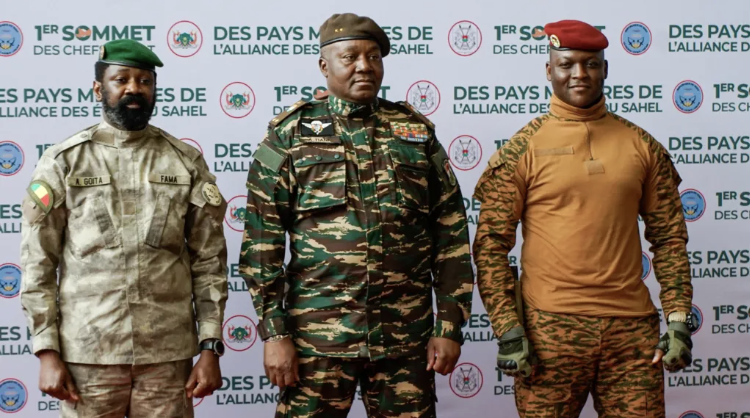Burkina Faso, Mali, and Niger have jointly declared their immediate withdrawal from the International Criminal Court (ICC), describing the Hague-based tribunal as an “instrument of neo-colonialist repression.” The announcement came in a coordinated statement from the three military-led governments, which vowed to establish their own “indigenous mechanisms for the consolidation of peace and justice.”
The leaders of the Sahel nations said the ICC has failed in its mandate to prosecute war crimes, crimes against humanity, and genocide, accusing the institution of targeting weaker states while sparing powerful nations. Their criticism echoes long-standing concerns raised by several African leaders, including Rwanda’s President Paul Kagame, who has accused the court of maintaining an anti-African bias.
Since its founding in 2002, the ICC has opened 33 cases, the majority involving African nations. This pattern has fueled perceptions of selective justice, deepening mistrust among African governments.
The withdrawal comes against a backdrop of rising tensions in the region. Burkina Faso, Mali, and Niger—all under military juntas after recent coups—face ongoing insurgencies by jihadist groups linked to al-Qaeda and the Islamic State. Their armies have been accused of abuses against civilians during counter-insurgency operations.
Analysts note that leaving the ICC shields ruling juntas from potential international scrutiny while further isolating them from Western allies. The three countries have also deepened their alignment with Russia, which itself faces an ICC arrest warrant against President Vladimir Putin over alleged war crimes in Ukraine.
This is not the first coordinated move by the Sahel states. Earlier in 2025, they simultaneously quit the Economic Community of West African States (ECOWAS), rejecting demands to restore democratic rule. Together, they now operate under the Confederation of Sahel States, emphasizing sovereignty and distancing themselves from former colonial powers, notably France.
Although the withdrawal process formally takes one year from notification to the United Nations, the joint declaration signals a profound shift in the region’s relationship with international justice.

